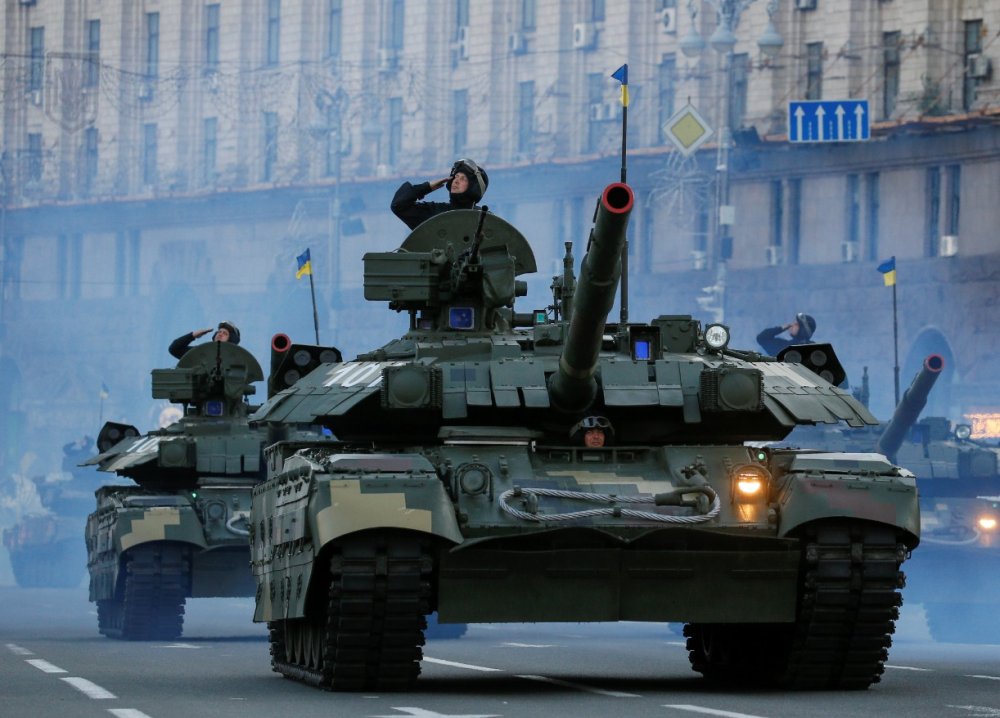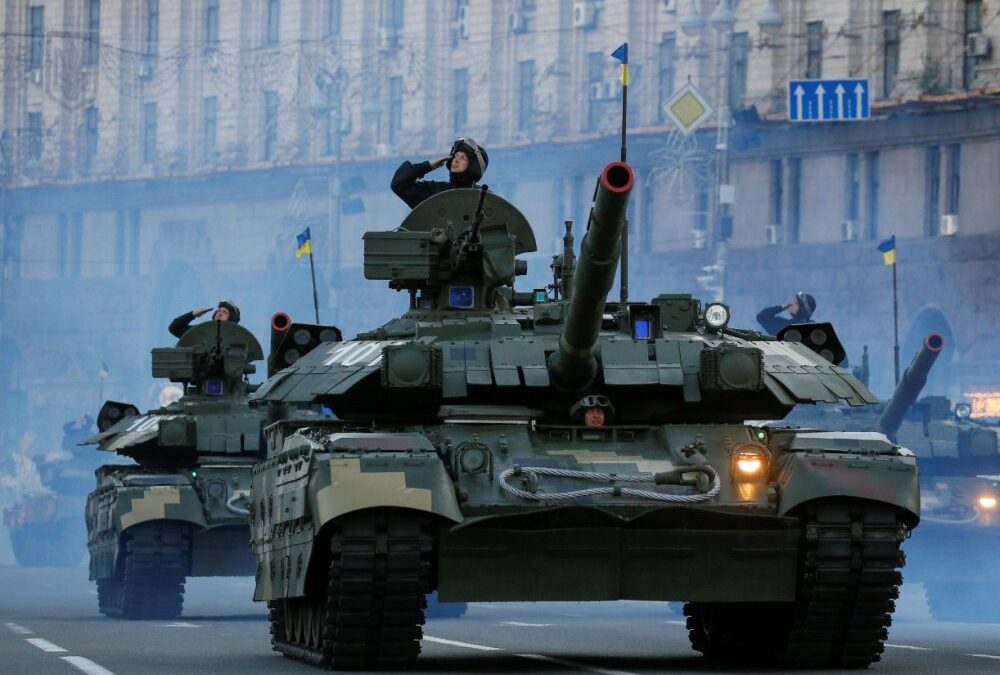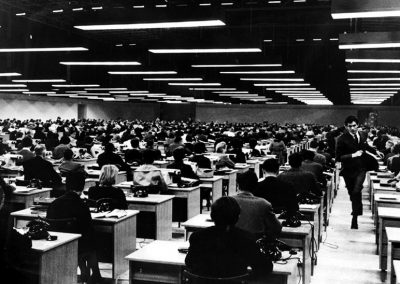
How Ukraine Prepared Itself for Total War
From my article published in The National Interest:
As the Russian military’s invasion of Ukraine stalls, it is easy to forget that many initially believed Ukraine would collapse in a matter of days. In early February, the U.S. chairman of the Joint Chiefs of Staff, Gen. Mark Milley, warned American lawmakers that Kyiv could fall within seventy-two hours. As the invasion began, multiple sources confirmed Washington’s expectation that Kyiv would fall within one to four days. Ukrainian officials allege Germany’s finance minister thought Ukraine would fall within hours. For a moment, a rare convergence occurred between Western and Russian narratives. And yet, more than a month into the invasion, Kyiv is still firmly in Ukrainian hands. Russian excursions to rapidly encircle the Ukrainian capital have completely withdrawn. This success has led some commentators to declare that not only is Ukraine not losing, but is also winning. This is likely too optimistic: Russian troops have occupied large swathes of Ukrainian territory and are reportedly preparing for a new grand offensive in the east. Nevertheless, it is clear that Ukraine has outperformed the expectations of even top Western analysts and, for now, has fought Russia to a standstill.
Russian tactical and logistical underperformance, as well as Western military aid to Ukraine, have both played a role in this surprising outcome. But the far greater factor is a general failure to acknowledge the strength and readiness of the Armed Forces of Ukraine. Last December, Ukrainian minister of defense Oleksii Reznikov wrote an op-ed for the Atlantic Council where he accurately predicted that Russia’s air superiority and rocket systems would be able to devastate Ukrainian urban centers while its forces could “outmaneuver Ukrainian troops and seize territory.” His seeming lack of alarm at Russia’s military build-up was simply because Ukraine had been preparing for an invasion like this for the last eight years. “Russia’s powerful military can certainly advance in force,” he wrote, but “Ukrainian land will burn beneath their feet.” The plan, it seems, was to commit most of the force to the defense of Ukraine’s cities, where Russian armored formations would be at their most vulnerable to ambush and a successful defense would deny Russia control of key railway hubs, vital for resupply operations. This is a plan that came about after a painful reappraisal, following Kyiv’s military experience following the 2014 Euromaidan Revolution and Russia’s incursion into Crimea and Donbas.
Read the rest here.





